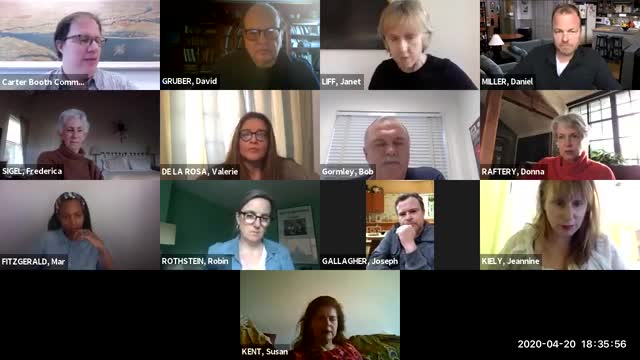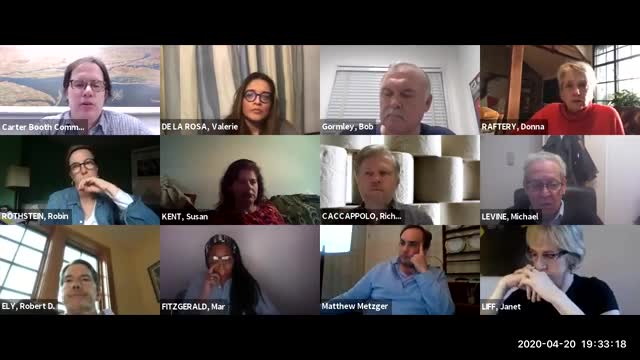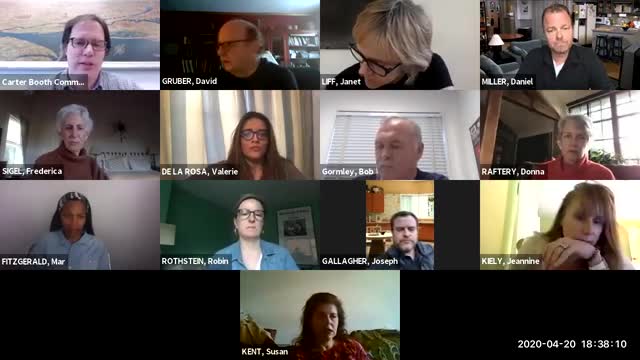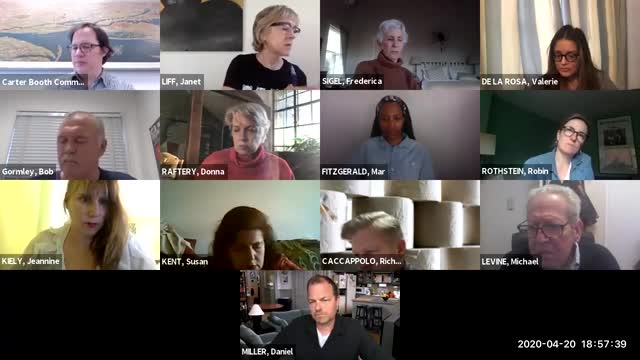Article not found
This article is no longer available. But don't worry—we've gathered other articles that discuss the same topic.

Mayor cancels large street events through June; NYU construction at 181 Mercer to resume

Board members plan outreach to BIDs, theaters and small businesses amid steep revenue concerns

Board members flag rising food needs; DOE site served thousands in a day

